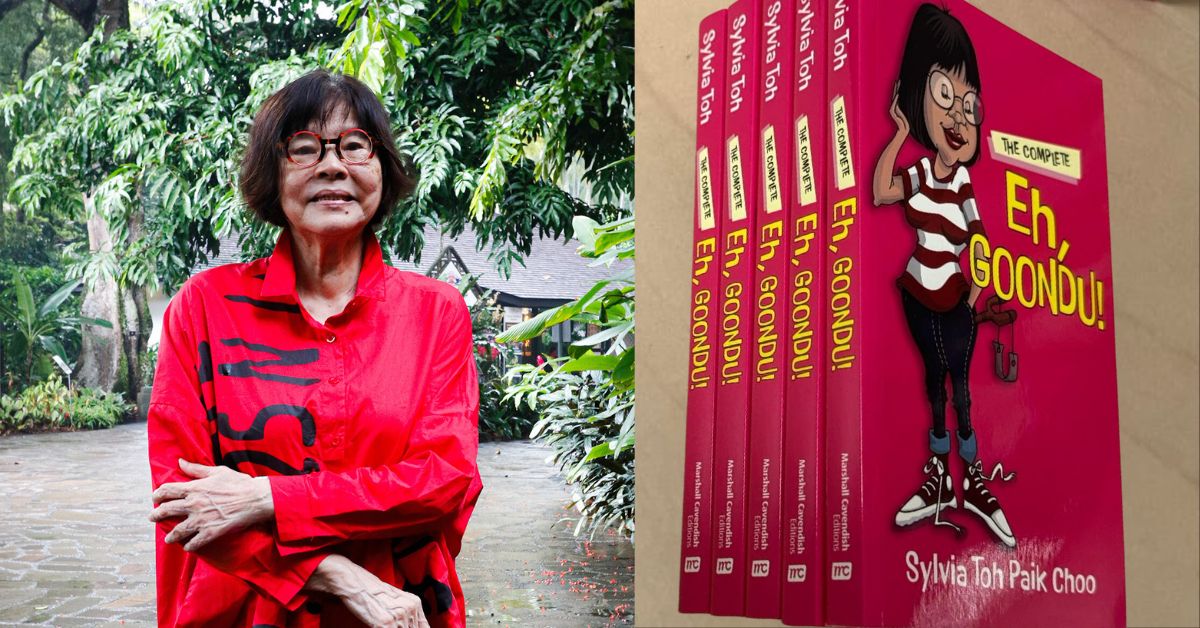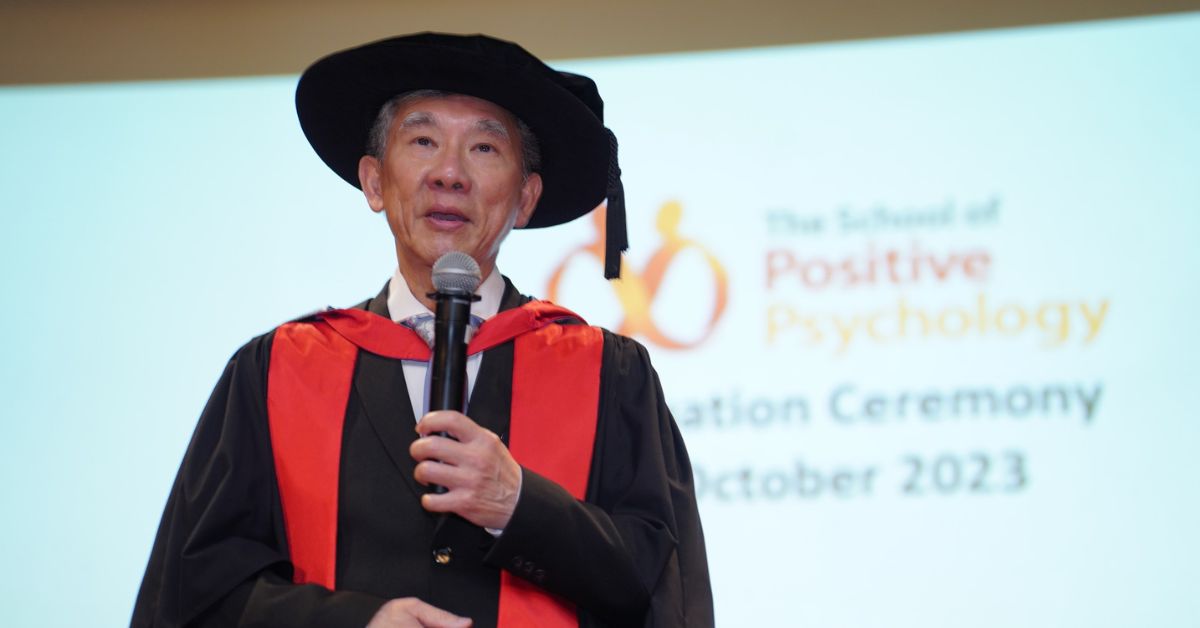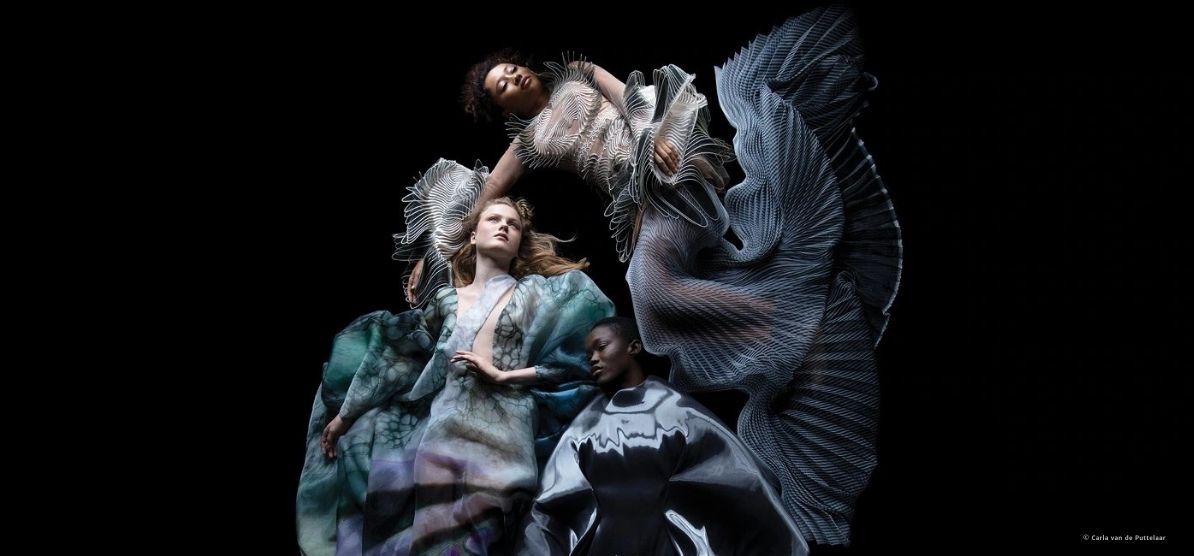
Sylvia Toh, celebrated Singaporean humourist is among 10 women being inducted into the Singapore Women’s Hall of Fame 2024, in an event hosted by the Singapore Council of Women’s Organisations (SCWO) today (8 March).
She considers herself, tongue firmly in cheek, as the oldest teenager in town.
Sylvia Toh Paik Choo’s life has built around her sense of humour and her entertaining writing that has been part of the local media landscape since the 1980s.
She captured snippets of Singapore in her articles and books that championed the Singlish social movement. Her books, Eh, Goondu! and Lagi, Goondu!, were deemed “rare national bestsellers and the defining books of the era” according to The New York Times.
With her iconic bob and fringe, Sylvia has left her mark in many corners of print and broadcast media. She touched on acting, script-writing, publishing humour columns (including a regular monthly article in SilverStreak), writing lifestyle pieces and more.
Advertisement
After close to five decades of tapping her rich vein of humour she’s been tapped on the shoulder to receive the much-deserved award.
Fellow inductees into the Singapore Women’s Hall of Fame included sprint queen Shanti Pereira; pioneering educational TV producer and newscaster Tan See Lai; and paediatrician and ageing advocate Mary Ann Tsao.
While Sylvia is often the one asking questions, over coffee and buns, SilverStreak turns the tables and asks her about her life’s journey in journalism.
Do you remember your first encounter with journalism?
At 18, whilst being home alone and waiting for the handyman to fix the refrigerator, I wrote about being a teen and I sent it off to Her World a popular woman’s magazine then, which is still running today.
You won’t believe it. But, a year later, the editor wrote to me and said “Oh, we found this very interesting, please come and meet us.”
They wanted to see if I wrote this myself. I was paid $40, which was really big money decades ago. After that, I went straight home and wrote another piece. I wrote so much for them that they eventually employed me full-time.
What makes Sylvia’s writing stand out?
I would say I write differently. If people all bear their head this way, I will skew it from a different angle, though never purposely.
For me, it is very easy; it is just two things: observation and intuition. If you have those two elements, you can get on with most. Give equal energy to each and every single person no matter their status.
I think another main thing for me in writing is rhythm; very few people have this. Just like a piece of music, the writing should flow. The way you read it, it will bring you nicely from the intro to the next paragraph.
Some writings are staccato, very jumpy. The best way I can describe my writing process is I read with my ears. Instinctively, I’ll know that some things cannot be spoken a certain way. I hope I have brought forward this rhythm in some of the columns I write.
Are there any particular works that are dearest to you or make you proud?
I couldn’t!
I was once asked this question, but after decades of writing, it becomes difficult. I could only pick out the Eh, Goondu! books. Up until that time, no one had ever put a spelling and punctuation to Singlish, it was only all oral, so I was the first one to do it.
I was inspired to do it when I asked a friend to chope a seat at the hawker centre. I thought that was really unique and published it in the Sunday humour column. It became very popular that I went forward with this theme for a few weeks. Eventually, a publisher contacted me asking if I wanted to document the entire thing.
Some academics eventually pointed out (after the release of Eh, Goondu! books) that some of the words and phrases are even included in the Oxford English Dictionary. So, that is one proud moment; one stand-out moment.
Did you have any mentors you particularly looked up to?
I would say my editor when I used to work in the Fanfare magazine, Peter Lim (who went on to become the Editor-in-chief of The Straits Times), who assigned me the TV review column before I joined fulltime. Every day, he would leave his cubicle and come to our desks and talk to us with ideas.
When I noticed something that could be a good story, I would discuss it with him and he would immediately come up with a great headline. I have been fortunate to have worked with great people who gave me a chance.
Would you consider journalism or the general comedy landscape as a male-dominated industry? Have you broken any glass ceilings?
I know my female colleagues, for example editors of the business and finance section of the newspaper, have been deemed to have broken glass ceilings by reaching where they are.
But you see the thought there — it is as if the business section belongs to the men, hence for me to become an editor, I have broken the glass ceiling. To me, business and finance are not the province of men.
However, this ‘breaking the glass ceiling’ would not apply to an editor of a fashion magazine.
I will just take a catapult and break any glass ceiling. To me, if you are good, you will get there.
Yes, most of the writers for the humour column were men, but I have never seen what I have done as having broken a glass ceiling. I am just as good as you if not better than a couple of you.
I do get it, however, as a couple of my colleagues have to fight; work twice as hard, to get to where they are. I do face some prejudices as well though never extensively impacting myself.
A lovely male colleague of mine once jokingly told me that my humour column cannot possibly be written by a woman because women can’t be this funny. He later apologised and I said I did not take it to heart.
Whenever I get asked about empowerment, I cannot comprehend it thoroughly because I did not encounter such obstacles. I suppose, because of the work I produce, I do not have to fight with any guy to become the editor.
In Times Periodicals, men also did not get more than women, but maybe in a different context, this equality issue may present itself differently. Again, I can only speak from where I was, which is in print and broadcast media.
In fact, it was only later on that it occurred to me that I am one of only a few Asian female humour writers.
Has being a woman helped connect you with certain demographics?
Maybe not so much about being a woman, but more so on my upbringing. I took my cue from my paternal grandmother and my father. My grandmother, who was Burmese, had an open house.
From the moment she woke up, her door was open and people streamed in and out until she went to sleep. My father, he can talk with anyone from a shop owner to a minister. So, it is the same with me as well. I can chat with anyone; from a 9-year-old to a 90-year-old.
How did you react to being inducted into the Singapore Women's Hall of Fame?
Actually, when I received the email, I was thinking “What is this? Is this a joke?”
I said “Alamak, how come they can go and choose me one?”. I was wondering who nominated me.
My next reaction was “Oh my God, I have nothing to wear”.
I thought I would find blue jeans and a striped T-shirt to match my cartoon character’s outfit. Then, I thought, no, I cannot do that. Being inducted into the Singapore Women’s Hall of Fame is the biggest honour for me.
Do you have any messages for women who might be entering a predominantly patriarchal industry?
I am from Penang, where the community is more matriarchal. I have seen my aunt kick her husband down a flight of stairs. Women and daughters are precious.
Perhaps this is why I am less aware of what this is about. I never found a moment where the male is dominant or superior, neither am I one of those strident female activists. I have had no reason to be.
I would not say I have a specific message for either gender. The first thing I would say is be kind, especially in this day and age and especially to the folks you have stepped and climbed over to make it to the top. This was a value that my mother instilled in me — although this alone will not help you.
You need to put in the work, and be yourself. Of course it helps if you have connections. Go and do what you love to do because if you love what you do, you will do it well.






